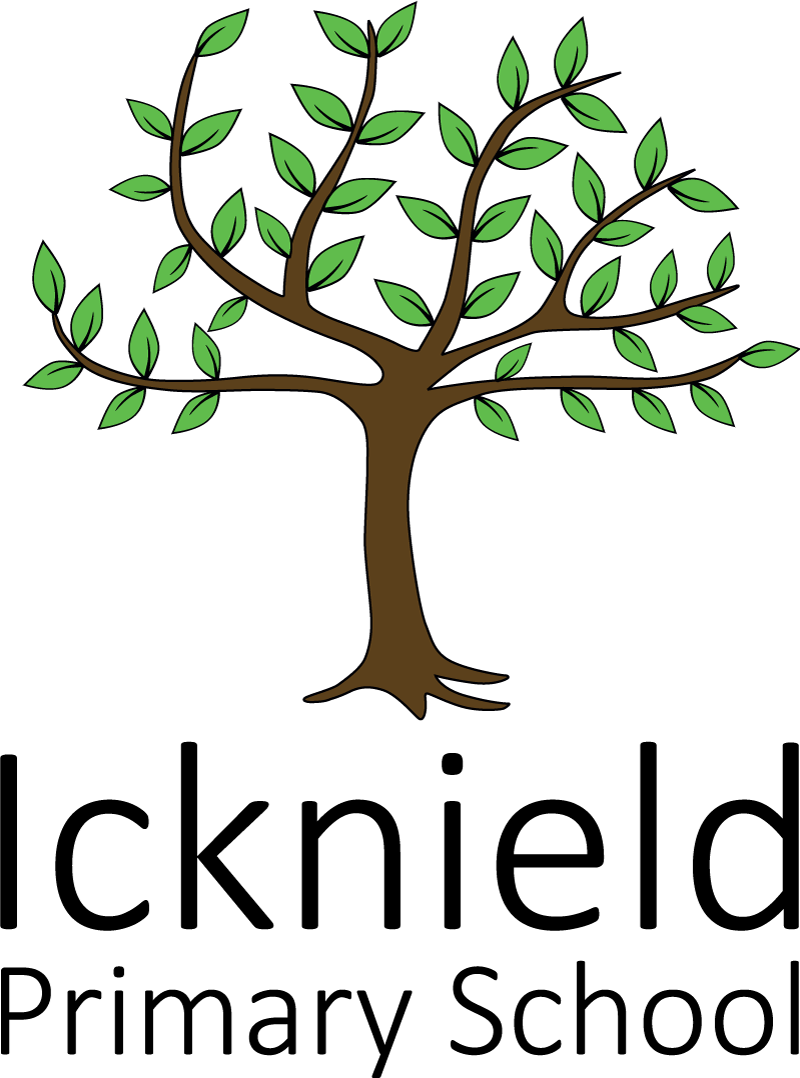Science
Science
INTENT
It is our intention to give the teaching and learning of science the prominence it requires and to help children recognise the importance of science in every aspect of daily life. We want children to appreciate the past achievements and future potential of STEM in equipping the work force and meeting the needs of an ever-changing world. We intend to increase pupils’ knowledge and understanding of our world, and develop the skills and methods associated with science as a process of enquiry. We want to develop the natural curiosity of every child, encourage respect for living organisms and the material environment, and provide opportunities for critical evaluation of evidence. We intend for our pupils to have fun, practically investigating how and why things work and to marvel at the miracles of science.
IMPLEMENTATION
Our science curriculum is based on ‘Developing Experts’ which is designed to enable the learner to experience a coherent curriculum delivered through a logical progression. Attention has been paid to the order in which knowledge has been delivered, built on and revisited.
Our curriculum places equal emphasis on developing knowledge and domain-specific skills. The Developing Experts materials convey key facts which help students deepen their understanding of a topic. We deliver a content-rich curriculum to develop broad, deep knowledge as this is the starting point for critical thinking, problem solving and creativity – thinking skills can only be deployed effectively when based on knowledge. Substantive knowledge is sequenced so that pupils can establish links between concepts from different topics. Connections are made between years and stages so that core scientific principles are regularly highlighted and revisited.
Our curriculum is based on the statutory requirements of the National Curriculum and is enhanced by industry experts, who link lesson topics to careers in STEM. Expert films are embedded within every lesson to demonstrate how the lesson’s knowledge is relevant to the wider world. These experts show the application of the scientific topic within their workplace and showcase three potential employment opportunities.
Our curriculum specifies learning intent for each unit and lesson, articulating clear and ambitious targets to children and teachers. Lessons are structured to give all pupils multiple opportunities to recap on previous learning.
The teaching sequence ensures that knowledge is built upon gradually and cumulatively, with recall questions embedded throughout. Children work scientifically (drawing on acquired knowledge to share ideas, question, hypothesise, predict, plan and carry out fair investigations, and to record and analyse the validity and significance of results). Unit quizzes are embedded in the scheme of work to optimise learning outcomes for pupils to enable concepts to have a greater chance of becoming part of the learner’s long-term memory. The variety of ways new learning is presented is designed to help pupils remember new concepts in the long term: these include text, images, videos, games, quizzes and practical experiments.
KEY STAGE 1
At Key Stage 1 pupils are exploring and making sense of the world around them; naming things and understanding how they fit in their environment. Our curriculum applies the National Curriculum programmes of study by helping children to identify what makes, animals and humans, materials and their uses, plants and seasonal change. There is a clear progression pathway and children are encouraged to work scientifically, investigating, observing, recording and sharing, using simple equipment increasing their curiosity for their surroundings. In each lesson experts explain things and relate them to the world outside home and education, enabling children at a young age to begin to form the relationships of the working world within their own conceptual understanding.
Lower Key Stage 2
Having established the foundational scientific concepts, we now add depth to their understanding of the areas from Key Stage 1 and broaden the range of topics and concepts studied; rocks, human impact on living things – conservation and pollution, and eventually, states of matter, sound, and electricity. Children are immersed and progressively build on their foundational scientific knowledge and vocabulary. We continue to encourage children to be inquisitive through real life experiences.
Upper Key Stage 2
We ensure topics are visited at each key stage progressively, adhering to the National Curriculum, this is reinforced through revisiting each topic and strand. By Year 5 and Year 6, pupils are becoming confident and independent young scientists. Through their explorations, they raise questions, make simple hypotheses that they test, collect data for, then subject to analysis and report from.
Impact
The impact of our Science curriculum is that the majority of children in our school are able to;
• Demonstrate knowledge and scientific vocabulary in the core areas of science taught each year.
• Recall, make links to and build upon previously taught science vocabulary and knowledge.
• Use scientific vocabulary and skills to help them to work scientifically when planning, conducting, recording, reporting and understanding scientific enquiries.
• Know about science and scientists in real life.
Our science curriculum should enable children to leave primary school as inquisitive, enquiry-based learners who are motivated to question and learn more about the world around them. They should be able to carry out different types of enquiry, to work scientifically, with attention to detail, and to draw conclusions communicate their acquired knowledge using technical vocabulary. Our science curriculum should help our children grow into literate adults that read widely with ease, as it builds the broad knowledge that writers assume readers have. We aim for our pupils to be prepared and excited to embark on the next step of learning in physics, chemistry and biology, recognising many links between science and the world of work. We hope they will leave The Icknield inspired by STEM, to become creative thinkers, problem-solvers and responsible scientists to answer the challenges of the future.
